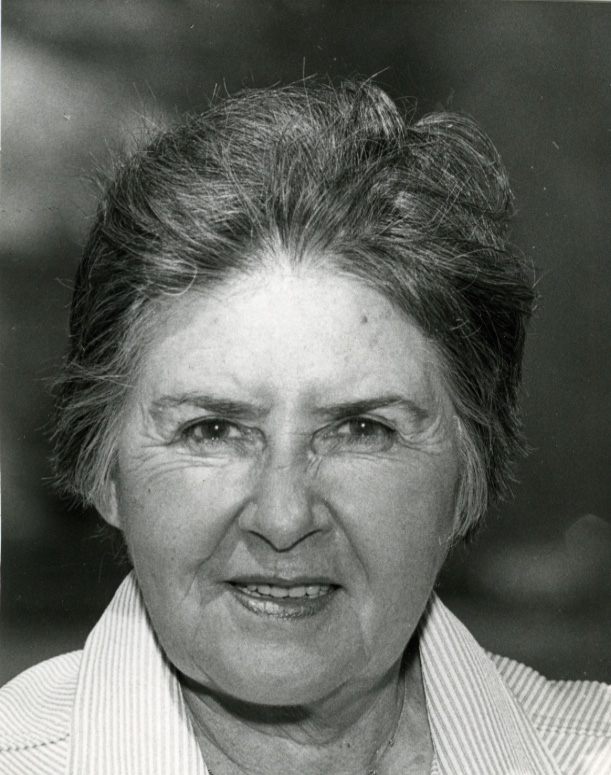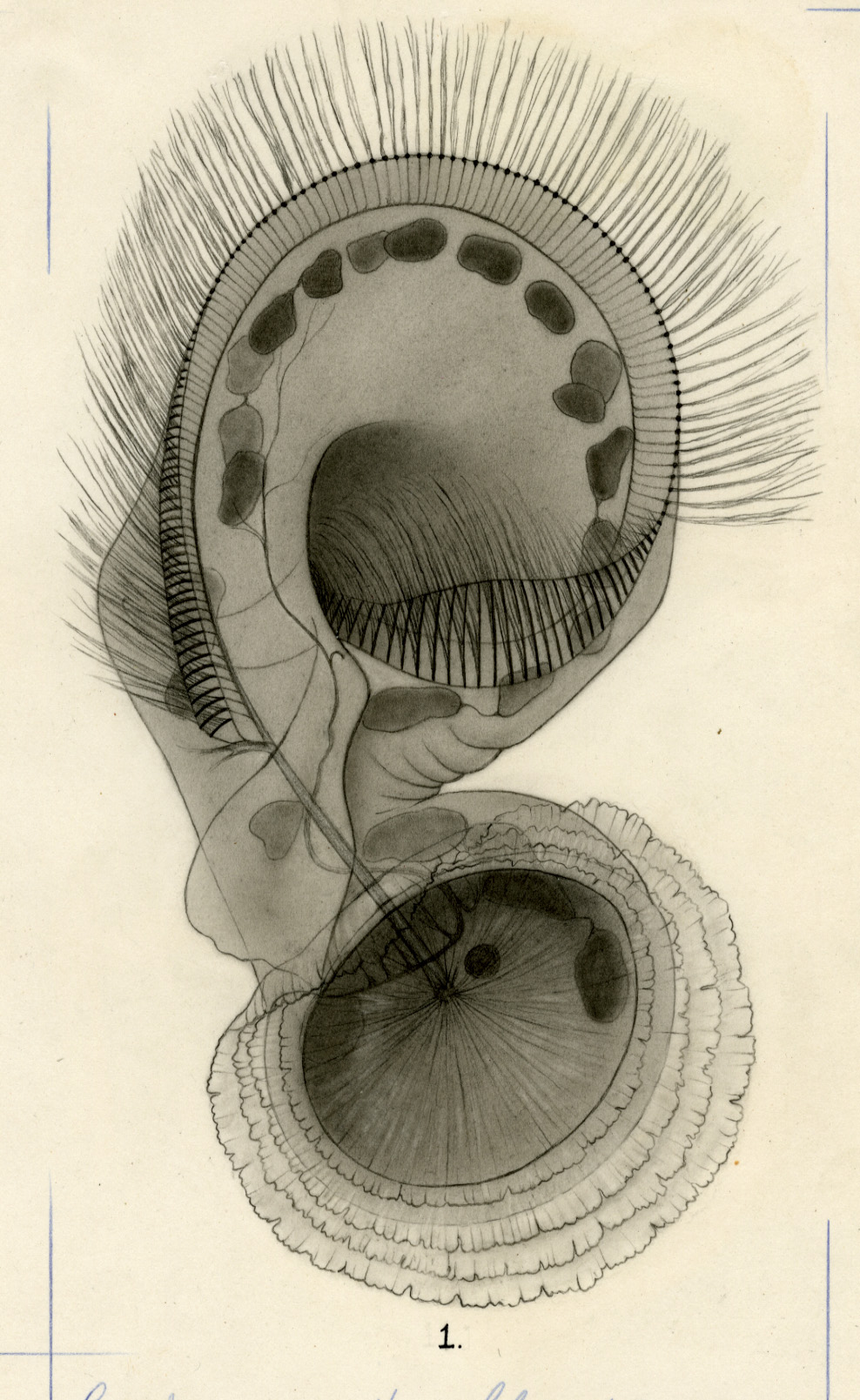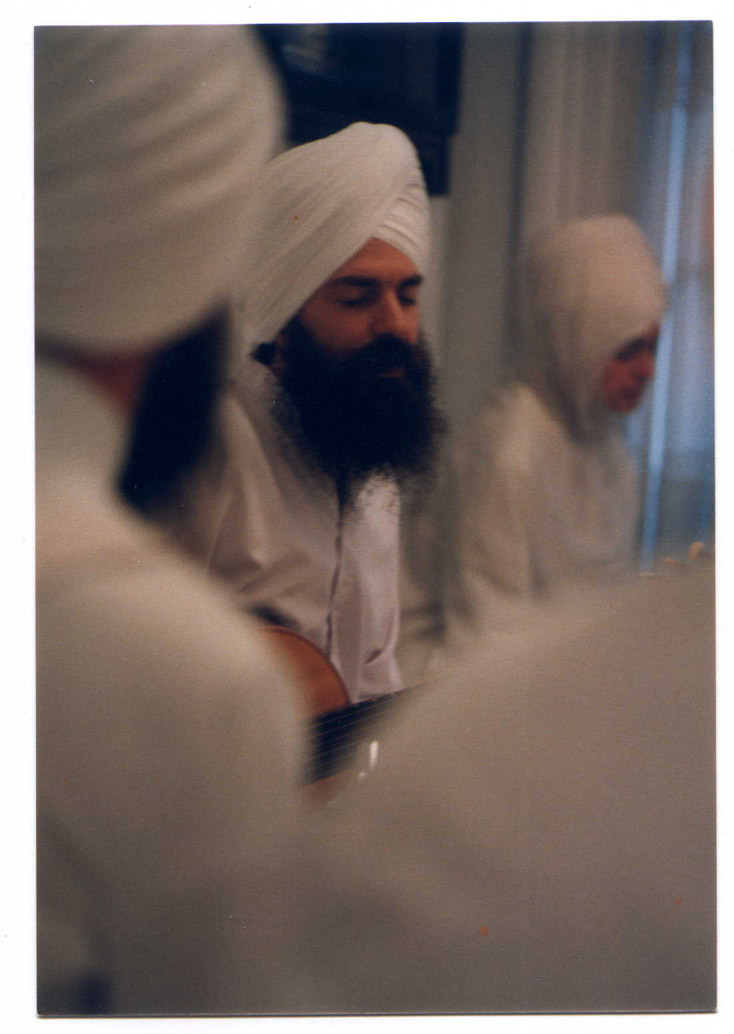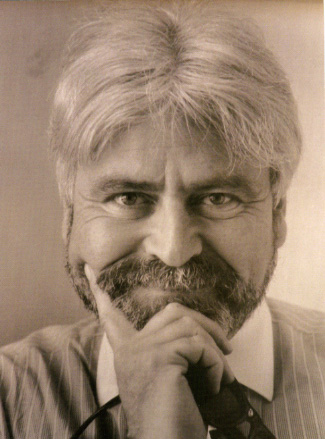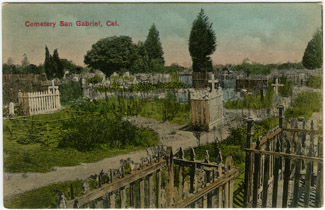Ionel Florian Rapaport Papers
Born into a Jewish family in the town of Buzau, Romania, the endocrinologist and psychopathologist Ionel Florian Rapaport entered the University of Paris in 1937 to study under the eminent psychologists Maxime Laignel-Lavastine and Charles Blondel. Surviving the war by posing as a Christian, he completed a dissertation on ritual castration, Les Faits de castration rituelle, essai sur les formes pathologiques de la conscience collective (1945), which was published three years later as Introduction à la psychopathologie collective : la secte mystique des Skoptzy. In 1953, Rapaport emigrated to the United States and joined the faculty at the Psychiatric Institute of the University of Wisconsin, where he became noted for research into the social aspects of mental disorders and juvenile delinquency. It was there in 1956, that he discovered a statistical correlation between the incidence of Down Syndrome and exposure to fluorides, a study that became widely cited by opponents of fluoridation of the water supply and widely criticized by proponents. Rapaport died of cancer in 1972.
The Rapaport Papers contain a large quantity of raw data, research notes and correspondence relating to over two decades of research into mental disorders, centered largely upon his study of the link between Down Syndrome and fluoridation. Due to the potential sensitivities of some material in the collection, researchers must agree not to reveal the names of any patients before gaining access.

